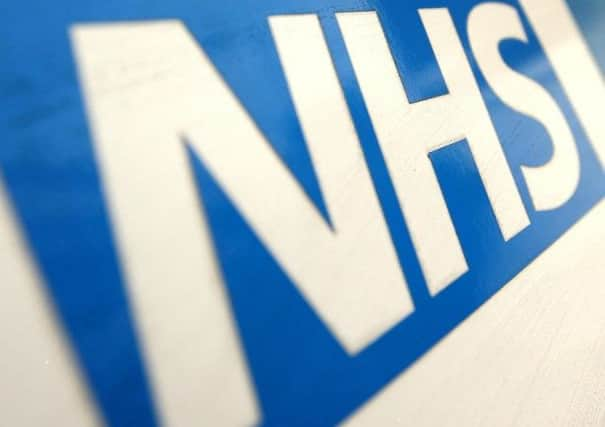Removal of wrong body parts among 1,100 hospital mistakes


The “never events” include the wrong parts of the body being operated on, foreign objects being left inside patients after operations and one woman had her fallopian tubes removed instead of her appendix.
The figures from NHS England show a total of 1,188 of these mistakes – so-called because they are preventable and should never happen - took place between April 2012 and December last year.
Advertisement
Hide AdAdvertisement
Hide AdMore than 400 people have suffered due to “wrong site surgery”, while more than 420 have had objects left inside them - including gauzes, swabs, drill guides, scalpel blades and needles.
In one case, a man had a testicle removed instead of the cyst on it, while a woman had a kidney removed instead of an ovary.
Other patients have suffered when feeding tubes meant to be fed into their stomach have been put into their lung instead, which can prove fatal.
Others have been given the wrong type of implant or joint replacement, patients have been mixed up with others, and others have been given the wrong type of blood during a transfusion.
Advertisement
Hide AdAdvertisement
Hide AdSome patients have also been given far too high doses of drugs and patients have fallen from poorly-secured windows.
Leeds Teaching Hospitals NHS Trust had the highest number of never events in Yorkshire between 2013 and 2015, with nine in 2013/14 and five in 2014/15.
Latest provisional figures show there were four never events at Leeds hospitals between April 2015 and December last year.
These included two incidents where swabs were left inside patients, one following a hernia operation and the other after a liver transplant. The patient recovered well in both cases.
Advertisement
Hide AdAdvertisement
Hide AdAnother patient had the wrong tooth extracted at Leeds Dental Institute and a patient being prepared for an ankle operation under general anaesthetic was also given a local anaesthetic block on the wrong leg. The mistake was noticed immediately and the anaesthetic was administered to the correct leg.
Dr Yvette Oade, chief medical officer for Leeds Teaching Hospitals, said: “Following each new report of a never event we undertake a full investigation, helping to identify the cause, review our processes and share learning to prevent them from happening in the future.
“Teams across the Trust are working together to examine the circumstances that have previously led to never events and this work will be used to help us to avoid these incidents.
“I would like to reassure patients that across the NHS these events are incredibly rare and their safety will always be paramount.”
Advertisement
Hide AdAdvertisement
Hide AdIn 2014/15 Colchester Hospital University NHS Foundation Trust was the worst hospital trust nationally, with nine never events recorded.
An NHS England spokeswoman said: “One never event is too many and we mustn’t underestimate the effect on the patients concerned.”
However she added that despite stringent measures, on rare occasions incidents did occur and so a taskforce was commissioned to investigate in 2013.
This lead to a new set of national standards being published last year specifically to support doctors, nurses and hospitals to prevent these mistakes.